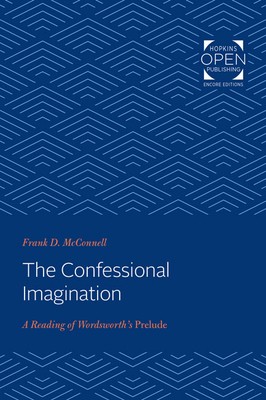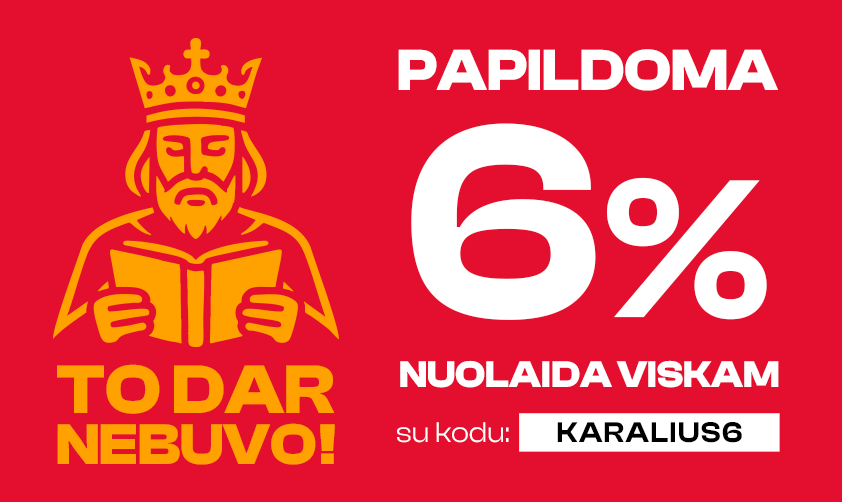
- Išsiųsime per 10–14 d.d.
- Autorius: Frank D McConnell
- Leidėjas: Johns Hopkins University Press
- ISBN-10: 1421435543
- ISBN-13: 9781421435541
- Formatas: 15.2 x 22.9 x 1.3 cm, minkšti viršeliai
- Kalba: Anglų
- Extra -15 % nuolaida šiai knygai su kodu: ENG15
Atsiliepimai
Aprašymas
Originally published in 1974. This book concerns the archetypal quality of Wordsworth's The Prelude, specifically the ways in which it develops and defines concepts of language, time, and narrative that influenced writers who came after Wordsworth. Frank D. McConnell sees the philosopher and theologian St. Augustine as the most suggestive analogue for the Wordsworthian quest for lost time and for the redemptive power of memory. McConnell maps similarities and dissimilarities between Wordsworth's Prelude and Augustine's Confessions. Each chapter of the book centers on an aspect of Wordsworth's confessional procedure in writing the poem. Chapter 1 ascribes peculiarities in the mode of address to The Prelude's definitive auditor, Coleridge, as a felt presence that shapes the overall form of the poem. Chapter 2 discusses the confessional--and Wordsworthian--view of the human career, contrasting the holistic and organic ideal of man's development with a more ancient and allegorical, or daemonic, view against which the confessional vision struggles. Chapter 3 carries the argument to the more fundamental level of the senses of sight and hearing. And chapter 4 deals with language itself, the irreducible counters of Wordsworth's vision and the highly specialized confessional language of "Edenic words." The general direction of the author's reading is a narrowing of focus from the most general to the most specific features of the confessional act.
EXTRA 15 % nuolaida
Kupono kodas: ENG15
Akcija baigiasi už 01:48:01
Nuolaidos kodas galioja perkant nuo 10 €. Nuolaidos nesumuojamos.

- Autorius: Frank D McConnell
- Leidėjas: Johns Hopkins University Press
- ISBN-10: 1421435543
- ISBN-13: 9781421435541
- Formatas: 15.2 x 22.9 x 1.3 cm, minkšti viršeliai
- Kalba: Anglų
Originally published in 1974. This book concerns the archetypal quality of Wordsworth's The Prelude, specifically the ways in which it develops and defines concepts of language, time, and narrative that influenced writers who came after Wordsworth. Frank D. McConnell sees the philosopher and theologian St. Augustine as the most suggestive analogue for the Wordsworthian quest for lost time and for the redemptive power of memory. McConnell maps similarities and dissimilarities between Wordsworth's Prelude and Augustine's Confessions. Each chapter of the book centers on an aspect of Wordsworth's confessional procedure in writing the poem. Chapter 1 ascribes peculiarities in the mode of address to The Prelude's definitive auditor, Coleridge, as a felt presence that shapes the overall form of the poem. Chapter 2 discusses the confessional--and Wordsworthian--view of the human career, contrasting the holistic and organic ideal of man's development with a more ancient and allegorical, or daemonic, view against which the confessional vision struggles. Chapter 3 carries the argument to the more fundamental level of the senses of sight and hearing. And chapter 4 deals with language itself, the irreducible counters of Wordsworth's vision and the highly specialized confessional language of "Edenic words." The general direction of the author's reading is a narrowing of focus from the most general to the most specific features of the confessional act.





Atsiliepimai